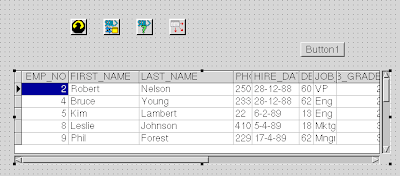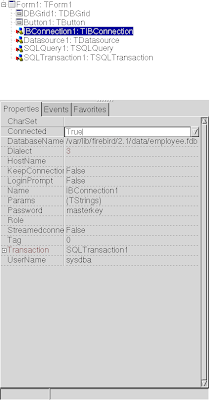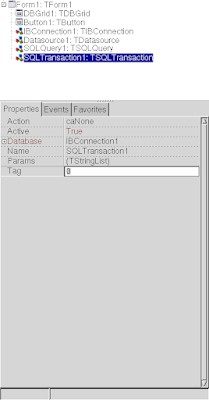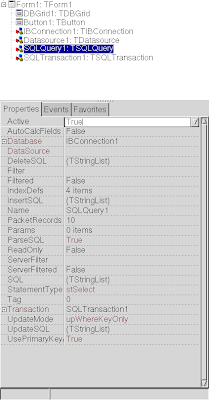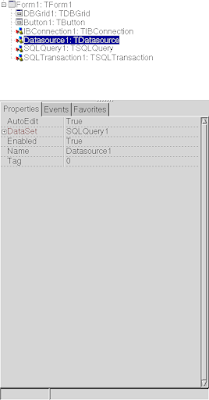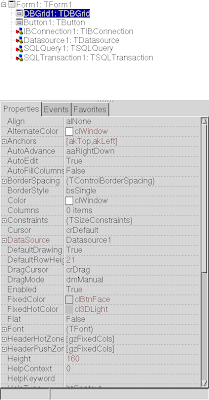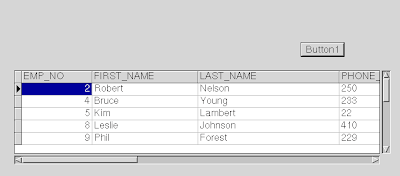with the birth and evolution of the Pascal Language.
Another tutorial where there is a very good introduction to Pascal/Lazarus IDE history.
He seems a little too pessimistic about the pascal disappearing from history in the next 20 years !
but if you watch Tiobe language index you will see that Delphi+Pascal is growing over the years
and in terms of how fast you can build an application without writing too much (Rad way)
Lazarus is the fastest way to create desktop and in the near future web2.0 application
I think for web2.0 it needs a Webkit WYSIWYG form and designer + webcontrols
You don't believe me ? see what you can do with extjspascal and that is just the beginning
http://web.me.com/macpgmr/ObjP/MacXPlatform_Part7.html
http://prime.fmsoft.net/out/dbdemo.dll
Also another example app shows how to
create a Web app that's optimized for a mobile device like the iPhone.
Take a look at ExtPascal_Video2.mov:
http://web.me.com/macpgmr/ExtPascal/
I will highlight some good quotes and points for pascal and lazarus from the history
Pascal is free-flowing, unlike {insert other cryptic language}, and reads very much like a natural language, making it very easy to understand code written in it.
Turbo Pascal was truly revolutionary. It did take some shortcuts and made some modifications to standard Pascal, but these were minor and helped it achieve its greatest advantage: speed. Turbo Pascal compiled at a dizzying rate: several thousand lines a minute.
I still remember the old days at school watching how fast the x80286/x80386 based pc compiled the source code we wrote in TP
And today Free Pascal beats the s**t out of the gnu c++/gcc compilers ,
You don't believe me here are the times on compiling the FreePascal Compiler 2.4.0 itself with
the same version of the compiler (that comes in Ubuntu Lucid Lynx)
this compiles the units too
tar -zxvf fpc-2.4.0.source.tar.gz cd fpc-2.4.0 time make all real 2m9.143s user 1m46.835s sys 0m16.937s
this on an old Intel Pentium CPU E2180 @ 2.00GHz

